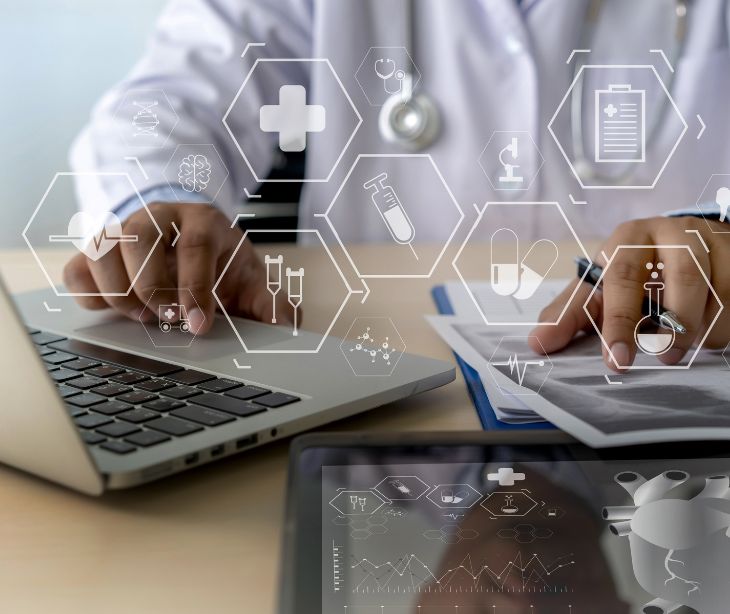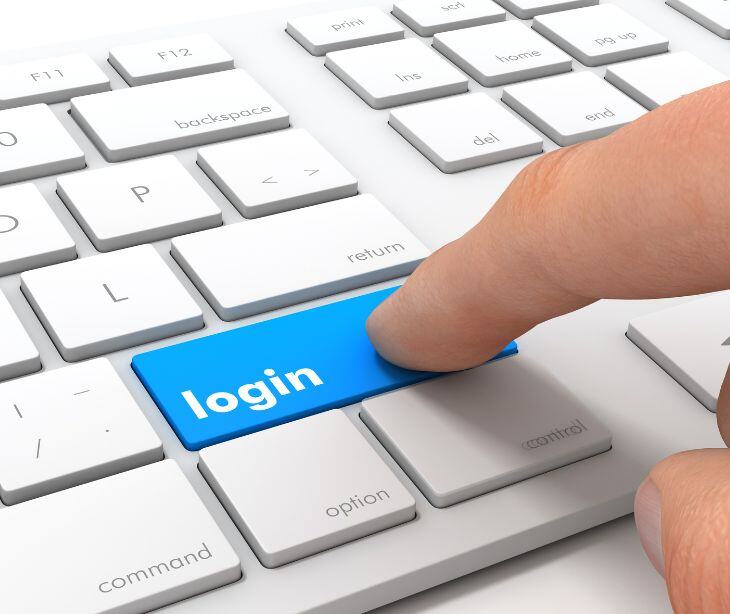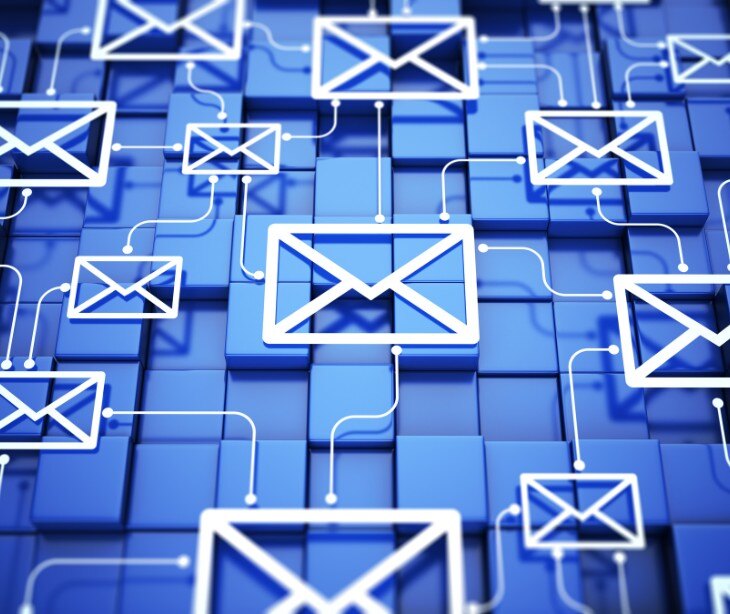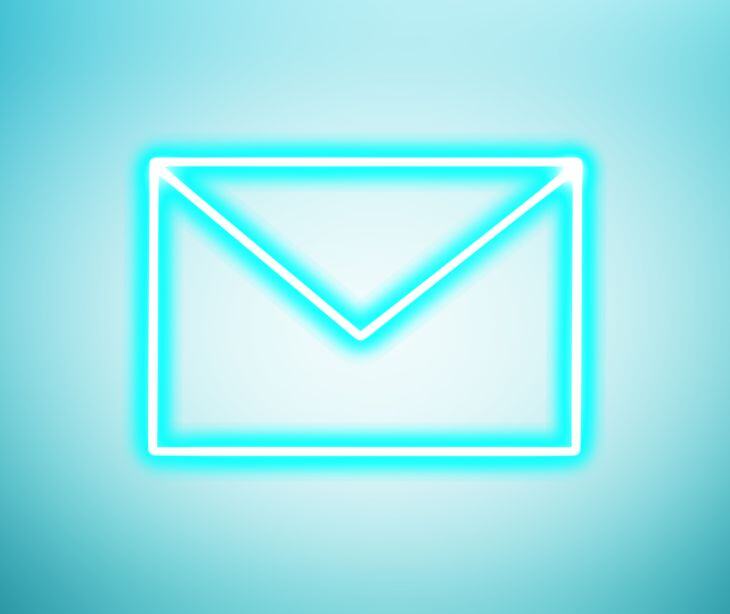3 min read
Using HIPAA compliant email to ensure effective patient communication
Tshedimoso Makhene
April 09, 2024

According to Globant, “Many patients in all sorts of interactions with healthcare providers say they don’t feel listened to. They don’t feel their needs are understood.” A patient-centric email focuses on the patient’s individual needs, concerns, and preferences. This type of email aims to engage the patient actively in their healthcare journey by providing personalized information, support, and resources. Key elements of a patient-centric email include empathy, clarity, and a focus on the patient’s specific situation.
Characteristics of a patient-centric email
- Personalization: Address the patient by their name and tailor the content to their specific health situation.
- Empathy and understanding: Show care and concern for the patient’s well-being.
- Clear and simple language: Use layman’s terms to ensure the patient understands the information provided.
- Actionable information: Include clear instructions on the next step/s, such as appointment details or health management tips.
- Support and resources: Provide information on where the patient can get additional help or answers to their questions.
- Accessibility: Ensure the email is easy to read and understand for patients of all literacy levels.
Go deeper:
- How to balance personalization and privacy for HIPAA compliance
- Accessibility and readability best practices for healthcare emails
Advantages of effective communication in a healthcare setting
According to a study titled The Importance of Effective Communication in Healthcare Practice, “Ineffective healthcare delivery increases the likelihood of negative patient outcomes. It also increases patient utilization of inpatient and emergency care. Consequently, the burden of cost on healthcare systems increases.” Therefore, it is important for healthcare providers to prioritize effective communication as this will result in positive patient outcomes and decrease the cost burden on healthcare systems.
Read more: Why HIPAA compliant email is the best communication method for healthcare providers?
Example of a patient-centric email
Subject: Important Information About Your Health and Upcoming Appointment
Greeting: Dear [Patient's Name],
Body:
I hope you are doing well. We are writing to remind you of your upcoming appointment with Dr. [Doctor's Name] on [Date] at [Time]. We are dedicated to providing you with the best care and support during your visit.
Your Appointment Details:
Date: [Date]
Time: [Time]
Location: [Clinic/Hospital Name, Address]
What to expect:
During your appointment, Dr. [Doctor's Name] will review your recent test results, discuss any new symptoms or concerns you may have, and update your personalized care plan. Our goal is to ensure you feel heard and supported throughout your visit.
How to prepare:
Medical Records: Bring any recent medical records or a list of medications you are currently taking.
Questions: Write down any questions or symptoms you have experienced since your last visit.
Insurance: Remember to bring your insurance card and any necessary documents.
Need assistance?
If you have any questions or need to reschedule your appointment, please contact us at [Phone Number] or reply to this email. We are here to help you with any needs or concerns.
Our commitment to you:
At [Clinic/Hospital Name], your health and well-being are our top priorities. We strive to provide personalized, compassionate care that meets your unique needs. Thank you for entrusting us with your healthcare.
Closing:
We look forward to seeing you soon.
Warm regards,
[Your Full Name]
[Your Title]
[Clinic/Hospital Name]
[Contact Information]
[Website URL]
How to ensure HIPAA compliance in patient-centric email
Ensuring HIPAA compliance in patient-centric emails involves protecting patients' privacy and securing their health information. Here are steps to ensure that your emails comply with HIPAA regulations:
Obtain patient consent
- Explicit consent: Ensure you have explicit consent from the patient to communicate via email. This consent should be documented.
- Informed consent: Patients should be informed about the risks associated with email communication and agree to them.
Learn more: Patient consent: What you need to know
Use secure email systems
- Encryption: Use email systems that encrypt messages both in transit and at rest to protect sensitive information from unauthorized access.
- Secure platforms: Consider using secure messaging platforms designed for healthcare communication that comply with HIPAA requirements.
Related: Understanding the difference between secure and encrypted email
Implement security measures
- Access controls: Ensure only authorized personnel have access to the email system and patient information.
- Audit trails: Maintain logs of email communications to monitor for unauthorized access or disclosure of PHI.
- Training: Regularly train staff on HIPAA compliance and secure email practices.
Include disclaimers and instructions
- Confidentiality notice: Include a confidentiality notice at the beginning or end of the email to remind recipients that the email may contain PHI and should be handled appropriately.
- Instructions for recipients: Instruct recipients on what to do if they receive the email in error, such as deleting it and notifying the sender.
See also: Do disclaimers make emails HIPAA compliant?
Regularly review and update policies
- Policy review: Regularly review and update your email communication policies to ensure they comply with the latest HIPAA regulations.
- Compliance audits: Conduct periodic audits to ensure compliance with HIPAA and identify areas for improvement.
See also:
FAQs
What are the uses of email in healthcare?
Email in healthcare is used for several critical functions, ensuring efficient communication and better patient care. Here are the primary uses:
- Appointment reminders and scheduling
- Follow-up care
- Patient education
- Test results and reports
- Medication management
- Coordination of care
- Administrative communication
- Patient support
Why is HIPAA compliant email important?
HIPAA compliant email is crucial in healthcare because it ensures the protection of patients' sensitive health information during electronic communication. By adhering to HIPAA regulations, healthcare providers can prevent unauthorized access to personal health information, thereby safeguarding patient privacy and maintaining trust.
How can patients ensure HIPAA compliance?
By actively participating in secure communication practices and staying informed about their rights under HIPAA, patients contribute to maintaining the confidentiality and security of their health information.
Subscribe to Paubox Weekly
Every Friday we'll bring you the most important news from Paubox. Our aim is to make you smarter, faster.




